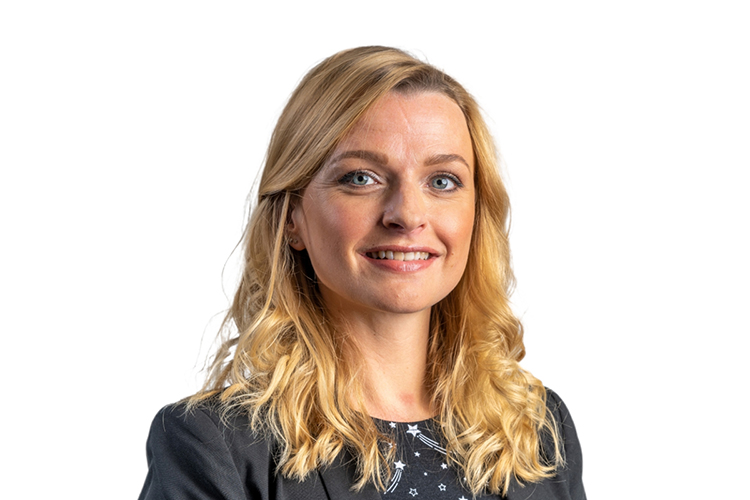Meet Associate Civil Engineer, Olivia Plunkett-Hanson
22 June 2021

Continuing our series for International Women in Engineering Day, meet Olivia Plunkett-Hanson one of our skilled Principal Engineers. Olivia joined Patrick Parsons in September 2020, here she shares details of her career to date and her thoughts on equality within the industry.
How were you encouraged to get into engineering?
My grandad was a chemical engineer and my father also has an interest in engineering (though he isn’t an engineer) so he exposed me to lots of engineering type things…TV programmes, local and international projects and always made sure when he was tinkering in the garage I was around to get involved. My parents definitely encouraged me to think about my career and what I could do with an interest in maths and problem solving.
Can you give an overview of your role?
Phew … very briefly I’m involved with the civils design packages, so drainage, levels and highways on a mix of projects; some specific highway schemes and some development that could be residential or commercial use.
Do you feel you have equal opportunities to men?
Tricky one, yes I do, but sometimes you have to shout a little louder to be heard or push a little harder to get your point across.
What is the biggest challenge you have faced in your career so far?
Sitting my professional review with the ICE was fairly challenging and I was convinced I’d failed the interview but thankfully I didn’t.
What are your career goals?
President of the ICE. No not really. Really my goal is to have job satisfaction and feel like I’m actually making a tangible difference to society. Whether that’s improved transport links, more sustainable development or helping to develop community facilities like pump tracks or skate parks.
What inspires you?
Seeing people I can relate to succeed.
What would you say to girls in school/college who may be considering Engineering as a career option?
Do it. It’s a rewarding career where you can design something and see it made or built. It’s not theoretical, it’s not numbers on a spreadsheet or some mad technology that you couldn’t understand… it’s construction. Its principles that have been used for centuries being improved and updated and put to use for the benefit of you and future generations.
Do you have any advice to share with your fellow female engineers?
Just crack on and keep being a great engineer, you deserve to be there and you know what you’re talking about. Don’t second guess yourself just because someone can shout louder.
What is a common misconception that people have about careers in engineering?
You have to be brilliant at maths and it’s just for men. Personally, I don’t use a lot of maths past GCSE level really, I don’t think you have to be good at maths, I think you just have to enjoy breaking down a problem into steps and work through a solution. It’s not a misconception about the men, there are a lot of them in engineering but there are a lot of brilliant women. The number of women is increasing but we’ve still got a way to go.
What is your greatest career achievement to date?
For sure, passing my professional review and becoming a chartered engineer.
What kind of impact would you like your work to make?
Really as I said before, I’d just like to see it having a positive impact on people’s lives and the environment.
What are your hopes for the future of engineering?
That we see more people taking up engineering as a career choice as we’re struggling in the STEM subjects. I’d like to see more women in prominent roles and I’d like engineering to become a respected industry that people realise has such a big impact on their lives.

